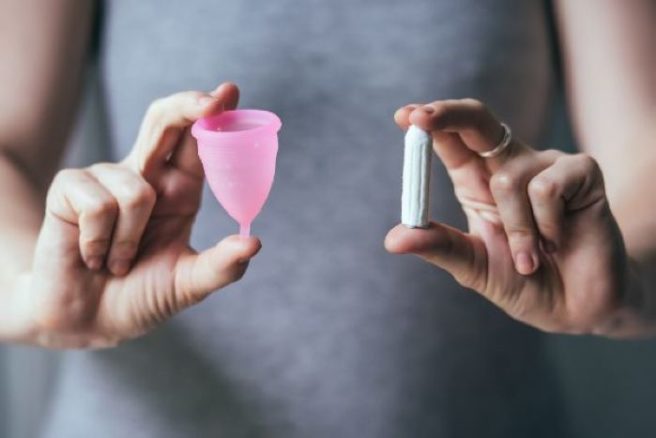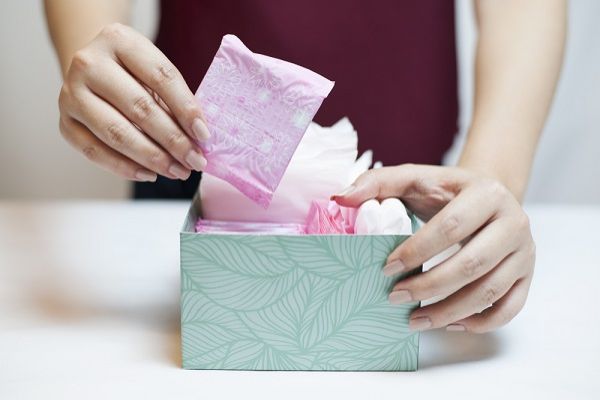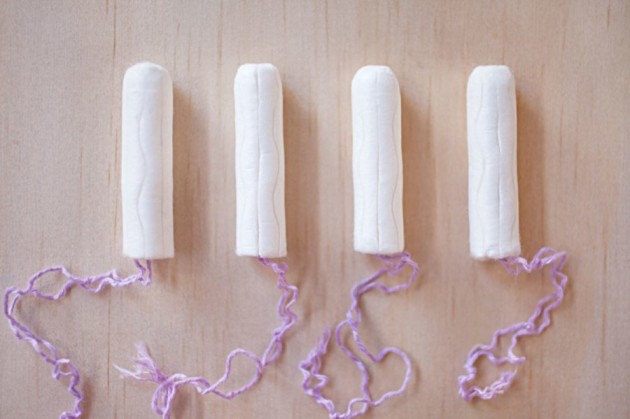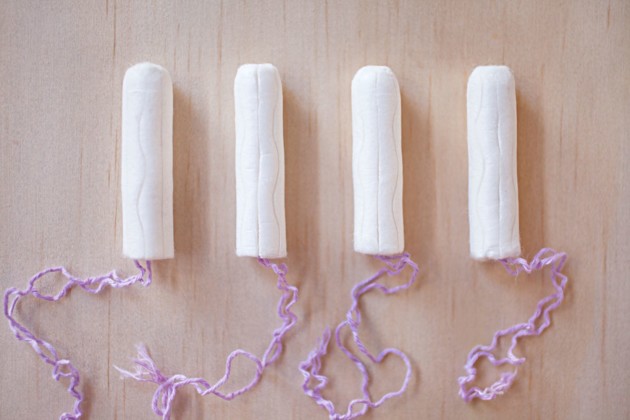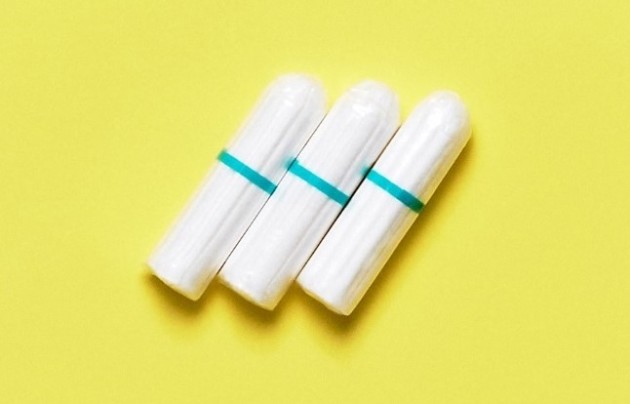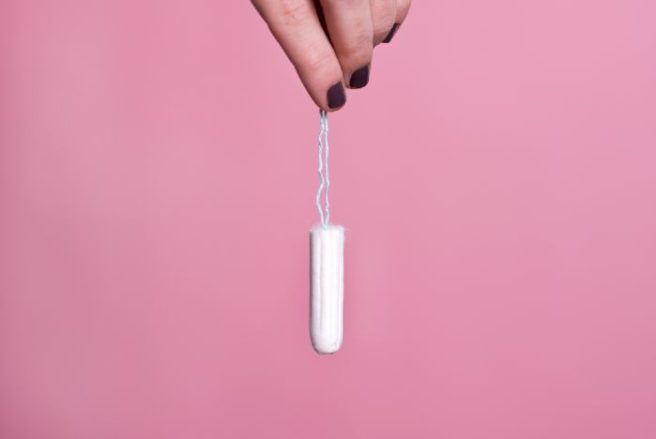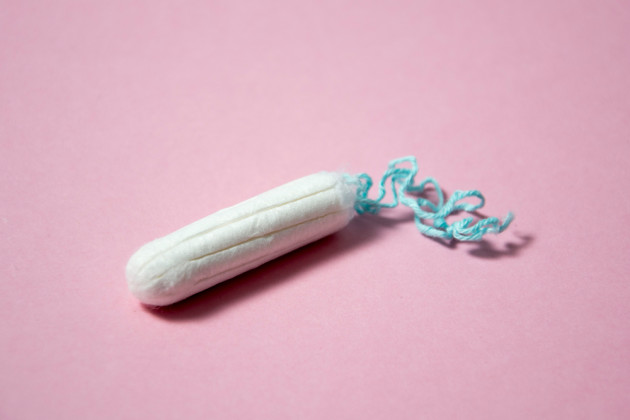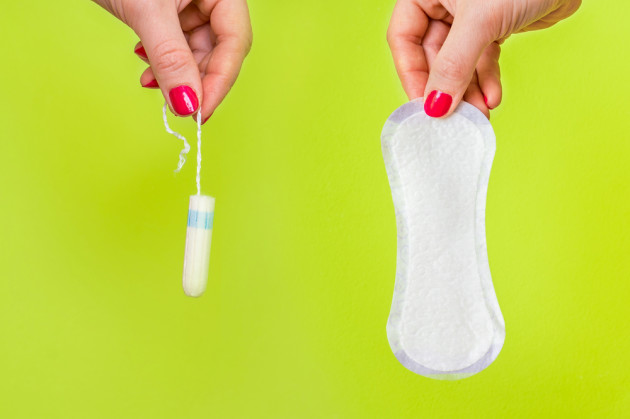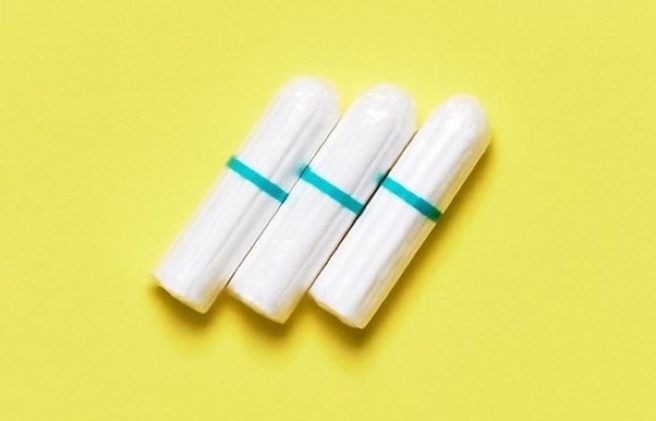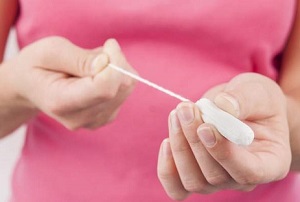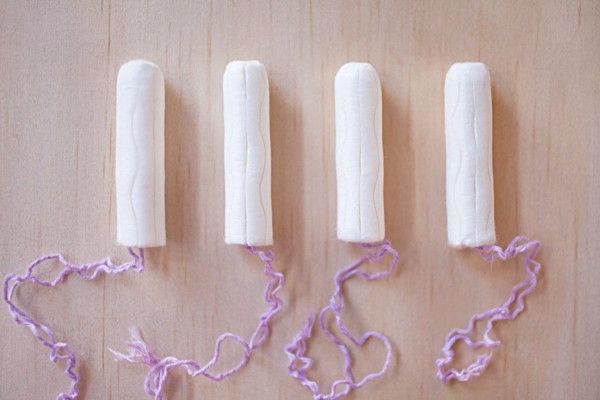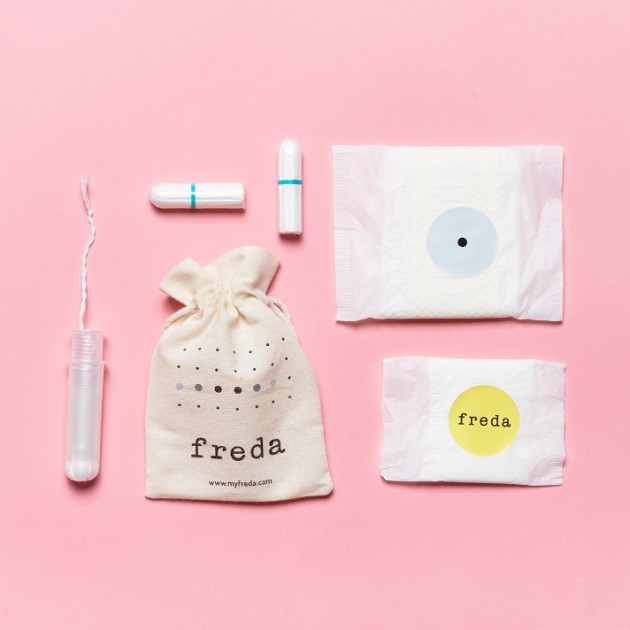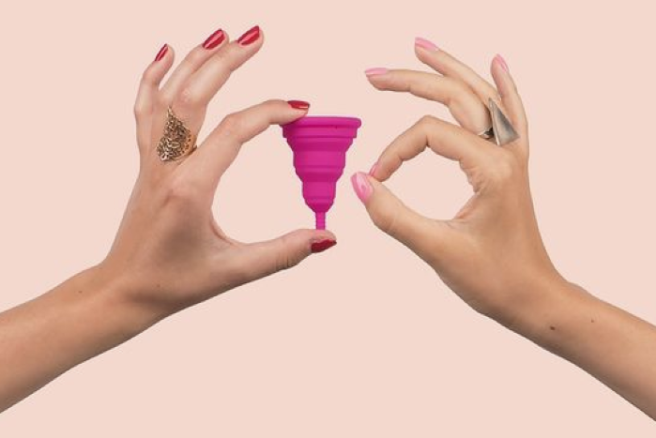
First scientific review of menstrual cups confirms they’re 100% safe
The first scientific review of the use of menstrual cups has confirmed that they're safe and as effective as tampons.
The research was published in The Lancet Public Health journal, and features 43 studies and data from 3,300 women and girls.
Four studies found that the levels of leakage were similar between menstrual cups, pads and tampons, but one found that leakage in menstrual cups was actually less than tampons.
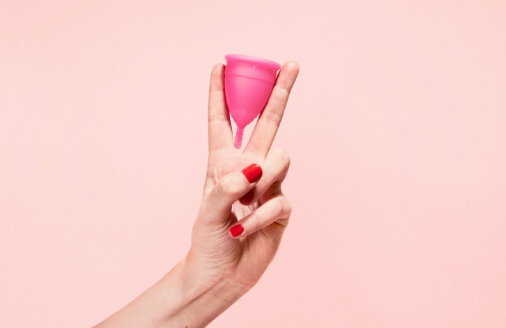
Menstruation can have astronomical results on girls' schooling in particular, as well as women's experience of work. If women use poor quality sanitary products, it can increase their disposition to infections.
Menstrual cups collect rather than absorb period blood, and fit into the vagina as reusable products, unlike tampons. There have been recent calls for schools to provide plastic-free menstruation products for students, as tampons and pads are extremely unsustainable for the environment.
Combating 'period poverty' in both high and low-income countries has become more of a priority, thankfully, so it's imperative that policy makers know which sanitary products to include in menstrual health programmes and puberty education materials.
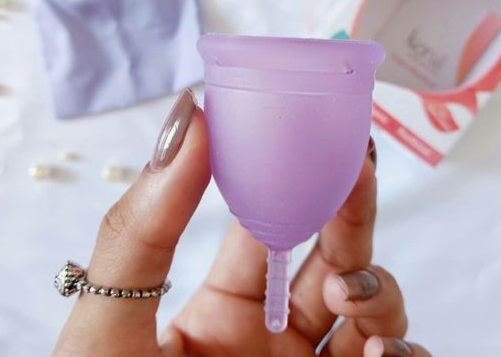
The review also discovered that awareness of menstrual cups among women was noticeably low, though they have been gaining in popularity. The main concerns over the product included pain and difficulty inserting or removing it, as well as chafing and leakage, but the data noted that complications were actually rare.
Senior author Professor Penelope Phillips-Howard from the Liverpool School of Tropical Medicine, UK says;
“Despite the fact that 1.9 billion women globally are of menstruating age – spending on average 65 days a year dealing with menstrual blood flow, few good quality studies exist that compare sanitary products.
"We aimed to address this by summarising current knowledge about leakage, safety, and acceptability of menstrual cups, comparing them to other products where possible," Professor Phillips-Howard added.
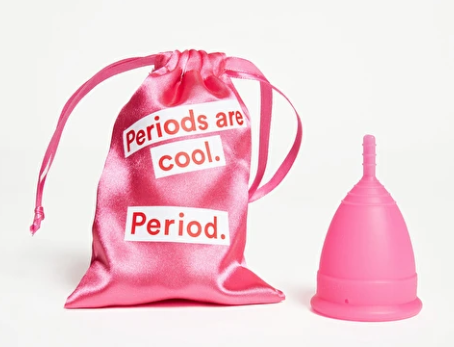
Price: €25
Research from 13 of the studies discovered that around 70 percent of women would continue using menstrual cups once they were comfortable with how it worked.
Menstrual cups are made of soft, flexible material, such as rubber or silicone. They create a suction seal to stop any seepage of blood once inserted into the vagina. The cups collect more menstrual blood than tampons or sanitary pads, but must be emptied and washed regularly.
The two types include a vaginal cup, bell-shape and sits lower in the vagina, and a cervical cup which is placed higher up, like a diaphragm. The cup doesn't relate to your menstrual flow, so it's all about finding the right size to suit your own body.
To insert, you simply fold the cup and place it into the vagina where it can unfold and form a leak-free seal. To remove, squeeze the bottom of the cup to release the seal and sterilise the cup between periods.
There are numerous brands to try, such as Mooncup, Saalt and Intimina Lily, but it can take a few attempts before you feel confident about using one. The cups are also extremely cost effective, as it can last for up to 10 years and can be reused every month.
We highly recommend OrganiCup if you want to try a greener way of menstruating. Being reusable, rather than disposable, menstrual cups are seen as a far greener option for the environment than tampons and sanitary towels.
Researchers believe that making menstrual cups available globally could aid the fight against period poverty and health problems such as infections, even where water and toilet facilities are poor.
Feature image: Pinterest






